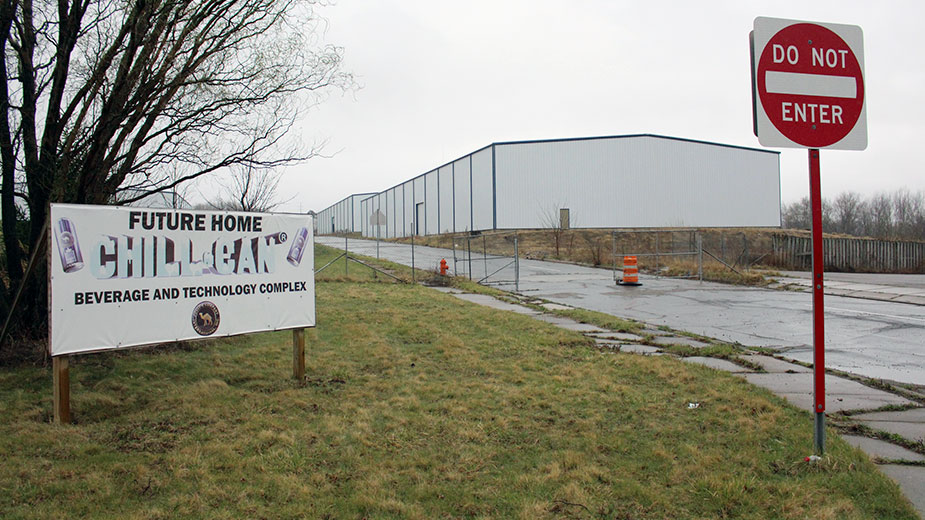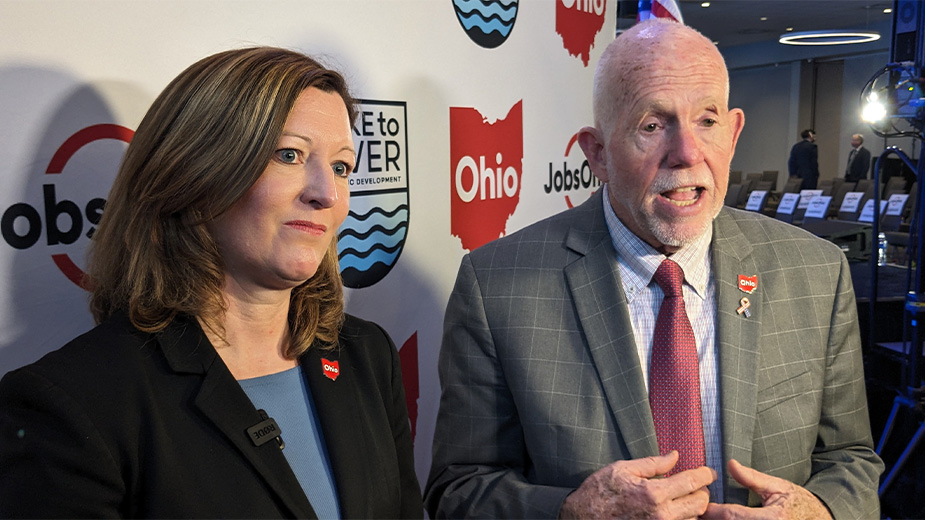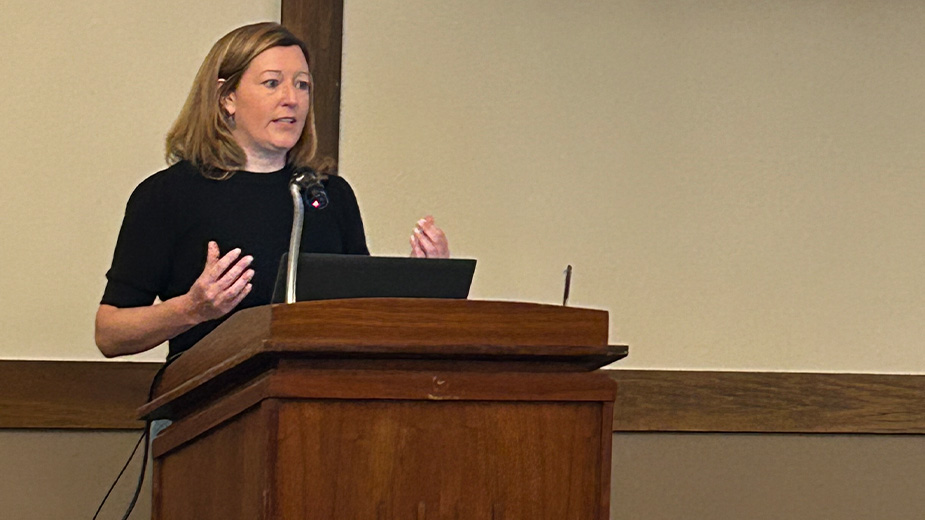City Seeks Sanctions in Chill-Can Case
YOUNGSTOWN, Ohio — The city has requested a Mahoning County court impose sanctions and award a default judgment against the developer of the ill-fated Chill-Can project, alleging the company has failed to produce documents the city first requested months ago.
A motion filed by city attorneys in Mahoning County Common Pleas Court late Tuesday states that M.J. Joseph Development Corp. has refused to turn over discovery documents “that are now many months past due” and has not provided a “good excuse for failing to do so.”
The city is asking the court to compel the developer to immediately provide these records and impose sanctions that include dismissal of M.J. Joseph’s claims, striking its defense and awarding attorney’s fees “in an amount to be determined at an appropriate hearing,” according to documents.
In March 2021, the city placed M.J. Joseph on notice that it was in violation of development agreements it signed with the city related to the Chill-Can project on the East Side. The city demanded the company make good on its promise to create 237 jobs at the site and finish the project or it would take action to reclaim the land and recoup public money that was used to support the venture.
Mitchell Joseph, CEO of M.J. Joseph Development, said in 2016 his company planned to build a $20 million campus dedicated to research and development of the world’s first self-chilling can and related technology.
According to development agreements signed in 2017 with the city, M.J. Joseph Development pledged to create 237 jobs at the site by August 30, 2021.
So far, little or no jobs have been created more than five years after ground was broken on the project. Three unfinished buildings stand on the property.
M.J. Joseph Development filed a complaint against the city in May 2021, asserting that the city lacked the authority to collect any restitution or the power to force the developer to give up the land.
The city filed a counterclaim that June, saying it is owed $2.8 million and the 21 acres used for the project. According to court papers, the city says it is entitled to $1.5 million in development grant money it used for the project, plus another $414,948 in property acquisition and relocation costs, and another $318,523 in demolition and abatement expenses.
The city also claims damages of lost income tax revenue totaling $575,000, court papers say.
M.J. Joseph Development has said that delays on the project were caused mostly by the COVID-19 pandemic, and the city should be held accountable, according to court papers.
M.J. Joseph Development’s attorney, Brian Kopp, dismissed the latest legal maneuver by the city as “unnecessary.”
“Negative press comments, political grandstanding and now unnecessary motions only serve to compound the completion delays resulting from the pandemic,” Kopp said in an email. “We stand firm. The city seeks remedies that do not exist in the contracts and it continues to take actions that prioritize political gain over economic development.”
Attempts to contact Youngstown Law Director Jeff Limbian were unsuccessful.
According to the new filing, the city says it served initial document discovery requests on Sept. 14, 2021. However, the city did not receive any documents until Jan. 19, 2022, and those documents were “insufficient and ignored many discovery requests,” court papers say.
These requests include documents from the company such as communications, bank statements, payroll information, checks, wire receipts, hand-written notes, expenses, and identities of those with financial interests in the project.
The developer did submit written responses objecting to many of the city’s requests on Oct. 26 and then submitted a supplemental written response on Dec. 13, 2021, according to court documents.
However, “several interrogatories remain completely unanswered and others are either answered falsely or are subject to inapplicable objections or evasive responses,” the city said in its filing.
Among the missing documents the city seeks relate to communications related to the project, documentation for financing liens relating to the project, corporate documents, documentation of ownership, tax return information, and internal notes and records related to the project, the new filing says.
These court papers say that despite claims that M.J. Joseph Development or related entities have used a substantial amount of their own funds for the project, the records produced so far “fail to provide documentation to support this,” according to the filing. The company has said it has invested more than $5 million of its own funds into the development.
“This includes a failure to produce cancelled checks, wire receipts, invoices and other documents that would actually identify or support the claimed financial contributions of the plaintiffs to the project,” the city’s filing says.
“Plaintiffs have not provided appropriate discovery responses or documents and should be compelled to produce same,” court papers say, along with being subject to sanctions.
Copyright 2024 The Business Journal, Youngstown, Ohio.



